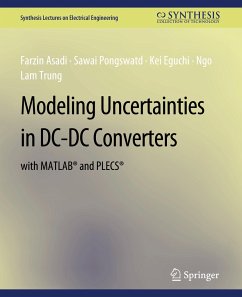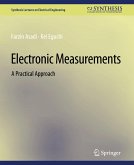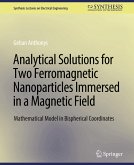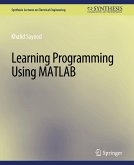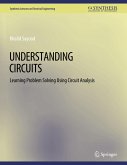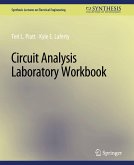Modeling is the process of formulating a mathematical description of the system. A model, no matter how detailed, is never a completely accurate representation of a real physical system. A mathematical model is always just an approximation of the true, physical reality of the system dynamics.
Uncertainty refers to the differences or errors between model and real systems and whatever methodology is used to present these errors will be called an uncertainty model. Successful robust control-system design would depend on, to a certain extent, an appropriate description of the perturbation considered.
Modeling the uncertainties in the switch mode DC-DC converters is an important step in designing robust controllers. This book studies different techniques which can be used to extract the uncertain model of DC-DC converters. Once the uncertain model is extracted, robust control techniques such as and mi synthesis can be used to design the robust controller.
The book composed of two case studies. The first one is a buck converter and the second one is a Zeta converter. MATLAB® programming is used extensively throughout the book. Some sections use PLECS® as well.
This book is intended to be guide for both academicians and practicing engineers.
Uncertainty refers to the differences or errors between model and real systems and whatever methodology is used to present these errors will be called an uncertainty model. Successful robust control-system design would depend on, to a certain extent, an appropriate description of the perturbation considered.
Modeling the uncertainties in the switch mode DC-DC converters is an important step in designing robust controllers. This book studies different techniques which can be used to extract the uncertain model of DC-DC converters. Once the uncertain model is extracted, robust control techniques such as and mi synthesis can be used to design the robust controller.
The book composed of two case studies. The first one is a buck converter and the second one is a Zeta converter. MATLAB® programming is used extensively throughout the book. Some sections use PLECS® as well.
This book is intended to be guide for both academicians and practicing engineers.

